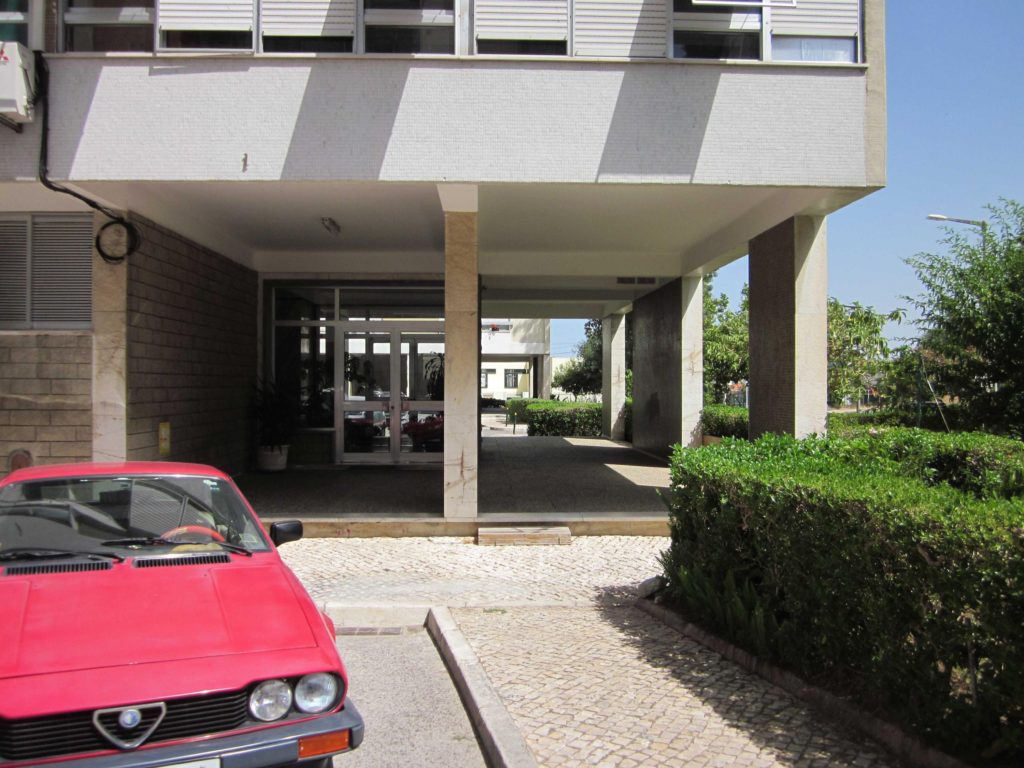
The objective of my PhD thesis, titled: Modernismo e sustentabilidade: conjuntos urbanos da Grande Lisboa: 1945-1973, was to illustrate how the sustainable development values (ecology, equity and economy) were already present in the modern city. To this end, four urban developments located in Greater Lisbon and planned between 1945 and 1973 were studied: «Bairro das Estacas» in Alvalade – Lisbon; Nova Oeiras; Santo António dos Cavaleiros – Loures and Quinta do Mendes – Odivelas.
The main results suggested the importance of the value of ecology in the modern city, in the form of structuring and abundant green spaces, especially in the early accomplishments since this feature of modern urban planning tended to blur for reasons either of scarcity of soil or related with the return to traditional urban forms during the 1960s.
The value of social equity, particularly expressed through a wide range of community facilities, proved to be more persistent in time as programmatic intent, though not always timely or fully realized. The value of economy tended to overlap the others, not only through increasing density of urban space, but also using building technologies that favoured the economies of scale and process.
A multiple criteria evaluation model of sustainability of urban space was developed. From its application to the four case studies resulted the impression of a greater degree of sustainability associated with pioneering interventions like Nova Oeiras or «Bairro das Estacas». The latter combines green spaces and community facilities (inserted in Alvalade site) with a significant offer of retail trade and other neighbourhood services, demonstrating an original and innovative characteristic of the Portuguese Modernism: the functional diversity, normally present even in small and less ambitious estates, with some exception connected with strict functionalism like Santo António dos Cavaleiros.
The full PhD thesis (only in a Portuguese) is available here, but a plain version of it, titled Modernismo e Sustentabilidade na Grande Lisboa, can be downloaded as an e-book.